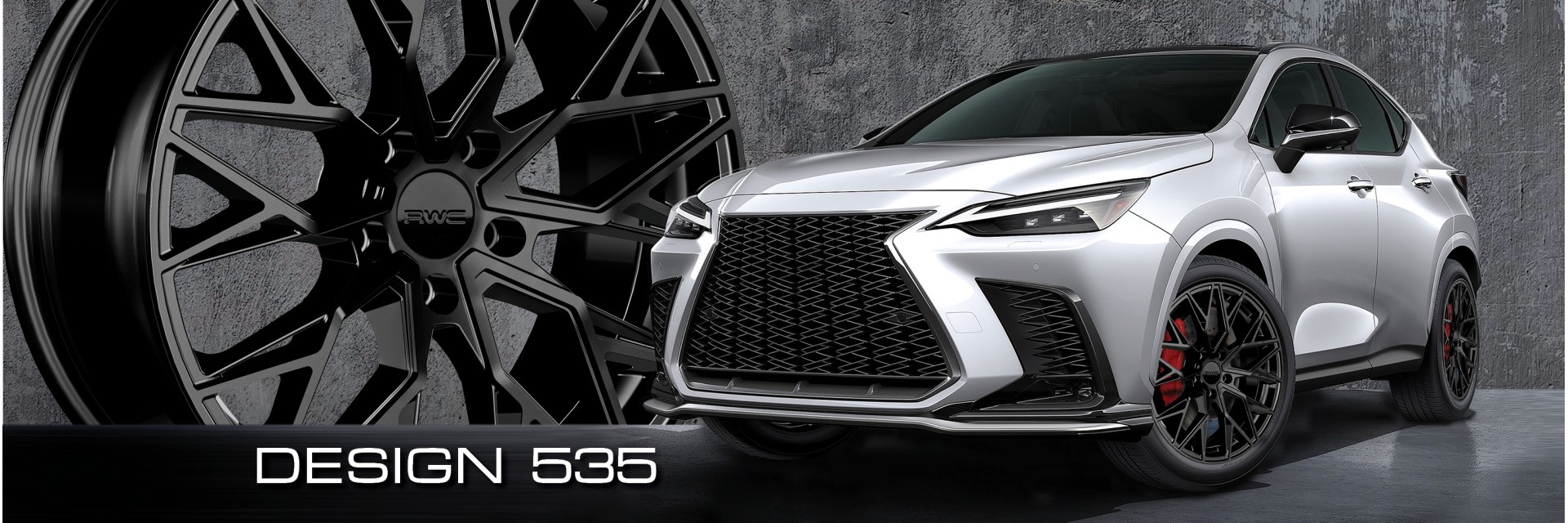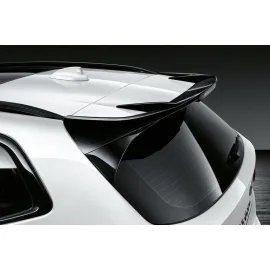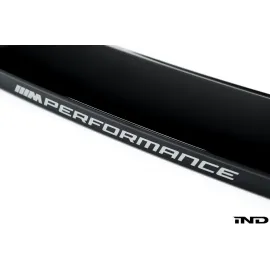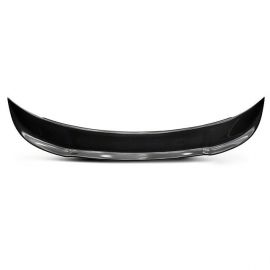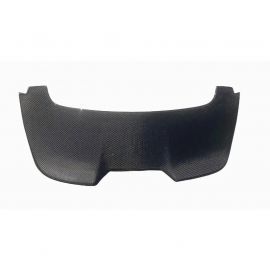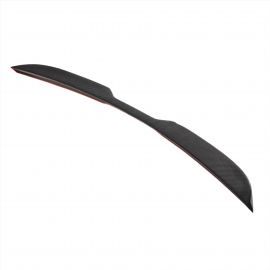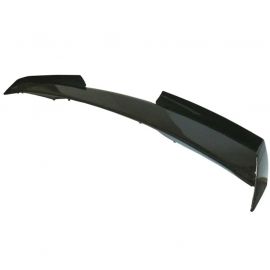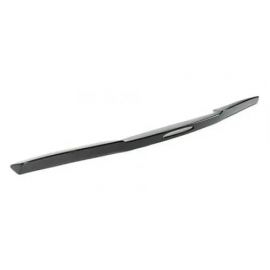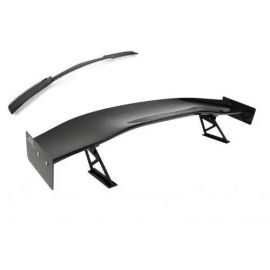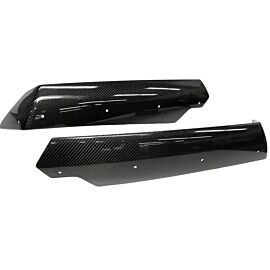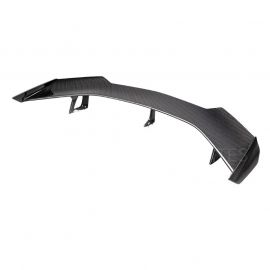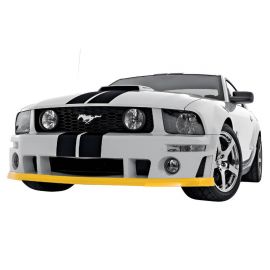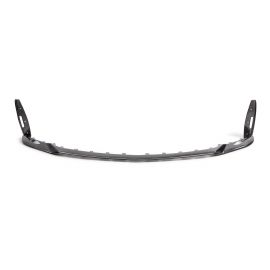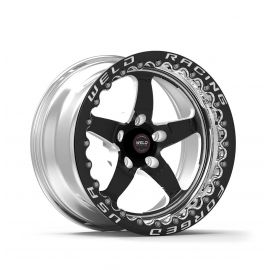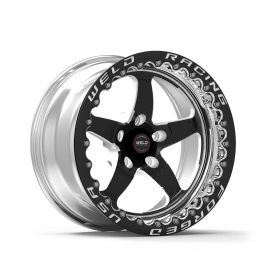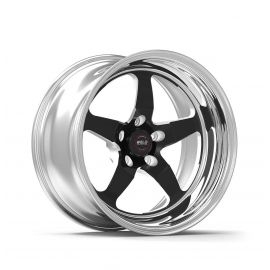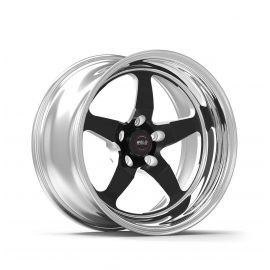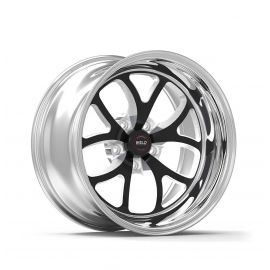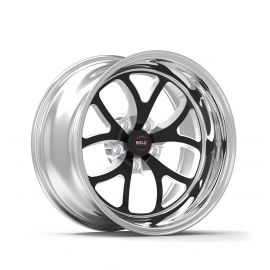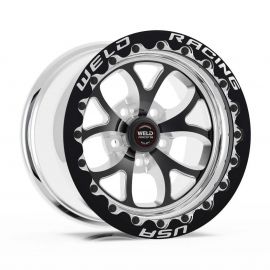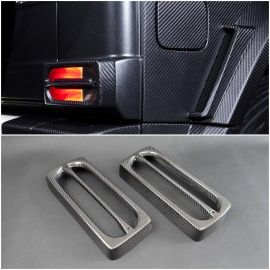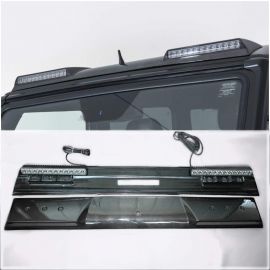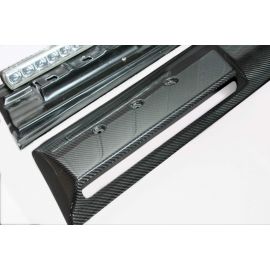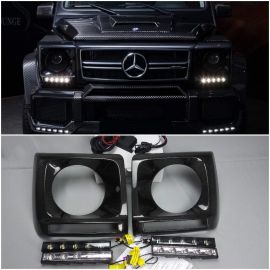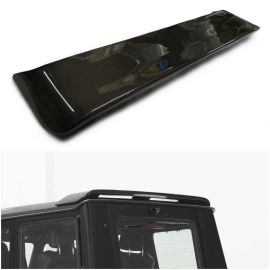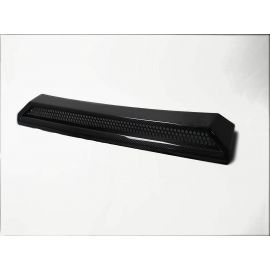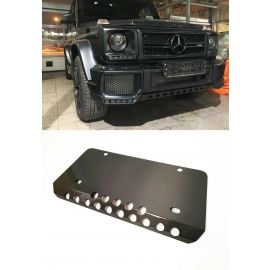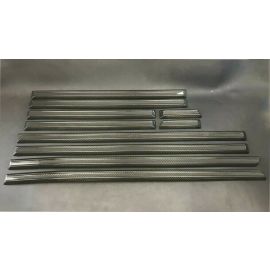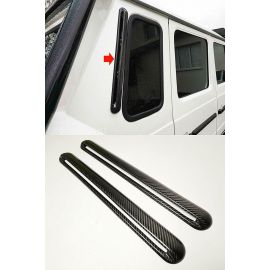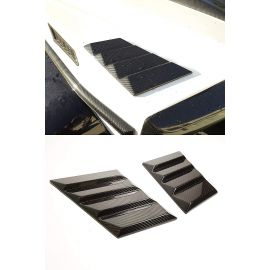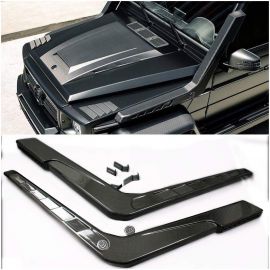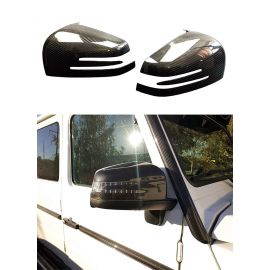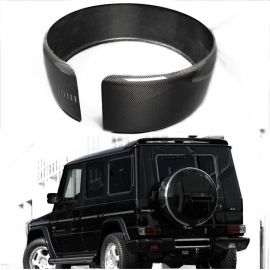Shop By Department
- Car Brands
- Original Mercedes-Benz

- BMW Original

- Automotive Replacement Brake System Parts
- Brake Rotors - Slotted
- Brake Kits - Performance Slot
- Brake Hardware
- Brake Line Kits
- Big Brake Kits
- E-Brake Buttons
- Hand Brakes
- Brake Rotors - 2 Piece
- Exhaust Brakes
- Brake Master Cylinder
- Brake Pads - Racing
- Brake Pads - Performance
- Brake Pads - OE
- Brake Rotors - Slot & Drilled
- Brake Adapters
- Brake Calipers - Perf
- Brake Caliper Rebuild Kits
- Brake Kits - Performance D&S
- Brake Kits - Performance Drill
- Brake Kits - Performance Blank
- Brake Drums
- Brake Shoes
- Brake Kits - OE
- Brake Rotors - Drilled
- Brake Rotors - OE
- Brake Calipers - OE
- Brakes
- Brake Rotors - OE - Cryo
- Brake kits - Slot & Drilled
- Brake kits - Slotted
- Brake kits - Performance
- Brake Fluid
- Trailer Brakes

- High Performance Filters
- Performance Engines & Engine Parts
- Fuel Pump Fitment Kits
- Fuel Components Misc
- Fuel Pumps
- Fuel Pressure Regulators
- Fuel Manifolds
- Fuel Caps
- Fuel Rails
- Fuel Injectors - Single
- Fuel Systems
- Fuel Tanks
- Fuel Injection Control Modules
- Fuel Injectors - Diesel
- Fuel Lines
- Fuel Pump Hangers
- Fuel Injector Connectors
- Fuel Injector Sets - 4Cyl
- Fuel Injector Sets - 6Cyl
- Fuel Injector Sets - 8Cyl
- Fuel Injector Sets - 2Cyl
- Fuel Injector Sets - 5Cyl
- Fuel Air Separators
- Fuel Injector Adapters
- Fuel Injector Sets - 3Cyl
- Fuel Injector Sets - 10Cyl
- Flex Fuel Kit
- Flex Fuel Sensor
- Flywheels
- Intercooler Ducting
- Oil Pumps
- Injection Pumps & Controllers
- Water Pumps
- Injection Pump Components
- Power Steering Pumps
- Clutch Discs
- Clutch Kits - Single
- Clutch Kits - Multi
- Valves
- Sleeves
- Valve Springs, Retainers
- Valve Guides
- Head Gaskets
- Valve Locks
- Intercoolers
- Heat Shields
- Piston Sets - Forged - 4cyl
- Piston Rings
- Intercooler Pipe Kits
- Engine Covers
- Engine & Cooling
- Engines
- Engine Mounts
- Engine Gaskets
- Bearings
- Bumpers & Hood, Spoilers Accessories
- Electric Vehicle Charging Stations
- Steering Wheels & Automotive Interiors
- Automotive & Car Wheels
- Struts & Suspension
- Performance Exhaust Systems & Part
- Car Lights & Lighting Accessories
- Interior & Exterior Car Accessories
- Carbon Fiber Car Parts
- Car Emblems & Accessories
- Pedal Covers
- Bed Racks
- Bed Liners
- Bed Covers - Roll Up
- Bed Covers - Folding
- Brackets
- Exterior Trim
- Uncategorized
- Body Armor & Rock Rails
- Retractable Bed Covers
- Dash & Interior Trim
- Doors
- Seat Belts & Harnesses
- Helmets and Accessories
- Shackle Kits
- Car Covers
- Door Panels
- Body Kits
- Stickers/Decals/Banners
Search

